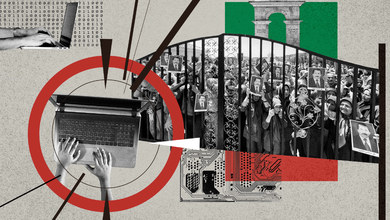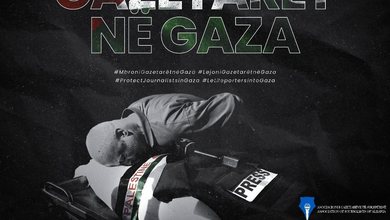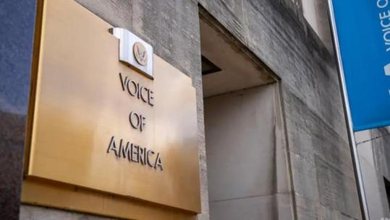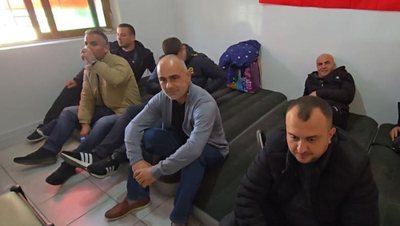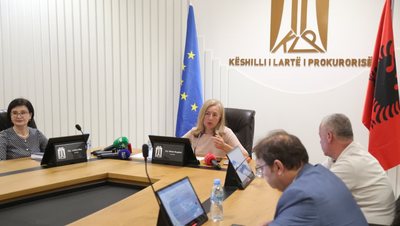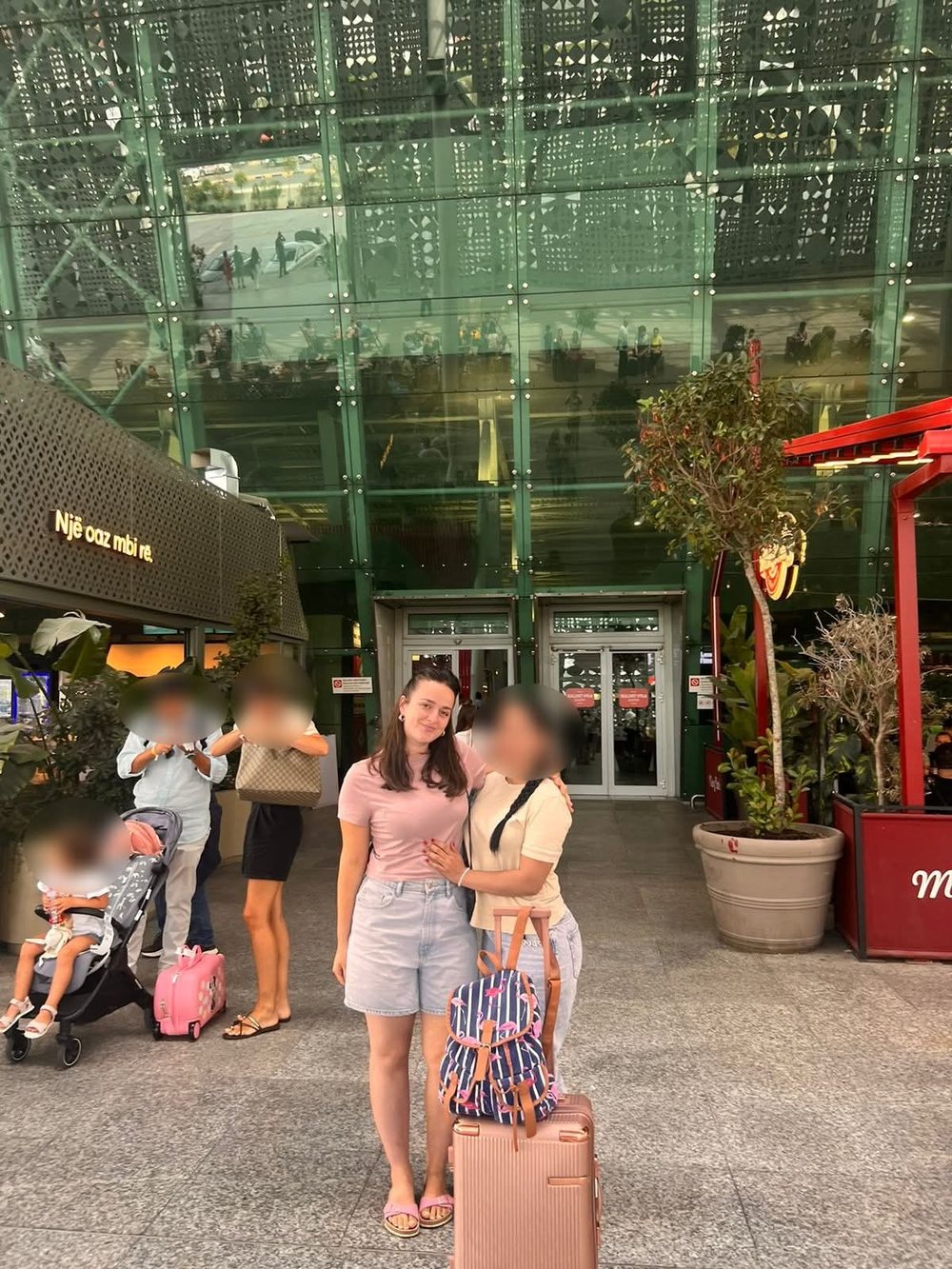
A month ago, Albanian media were introduced to the shocking story of Andrés*, a young Colombian girl who, hoping for a regular job as a babysitter in Albania, ended up a victim of an international trafficking network in the city of Elbasan.
After being deceived and exploited for several days by a criminal group, Andrés not only did not find the necessary help from the Albanian authorities, but also ended up behind bars, sentenced to 9 months in prison for the criminal offense of “prostitution” — despite abundant evidence clearly showing that she was a victim, not a perpetrator.
After her release from prison in July of this year, Andrés' problems did not end. Without identification, without help, without shelter, and with her passport confiscated, she remained stranded in Albania, in a dangerous situation, where she risked falling prey to trafficking again.
It was at this moment that a group of local activists found Andrés in Elbasan. They temporarily sheltered her in a safe environment, accompanied her to Tirana to give her statement to the State Police, and finally, after many efforts, helped her obtain the status of “Victim of Trafficking.”
However, this status came only after a Spanish language interpreter was privately provided, as state institutions did not have the capacity to provide this service. This fact raises a great concern for all foreign victims who have no help from anyone and who do not speak Albanian.
Failing institutions: the victim is treated as the culprit
Andrés' case is a concrete example of the institutional failure in Albania to protect victims of trafficking. A single mother, who came from Colombia for a better life, ended up convicted as the author of a criminal offense that was, in fact, the result of criminal exploitation.
This case seriously questions the treatment that Albanian authorities reserve for foreign nationals, especially young women, who come to the country with false promises of employment. The lack of mechanisms to identify, protect and assist these victims points to a deep gap in the Albanian legal, administrative and social system.
Waiting for a passport: a new danger for victims
The bureaucratic procedures for returning the seized documents, including his passport, left Andrés stranded in Albania for several weeks after his release. This waiting period, without financial support and without security, was another major risk of falling back into the hands of traffickers.
This is one of the clearest administrative failures that endangers not only the safety of victims, but also trust in the justice system in Albania.
Lack of translators: a barrier to justice
The inability of the State Police to provide a Spanish-language interpreter is another red flag. In a case where every minute was vital, Andrés could not give her testimony without the assistance of the interpreter privately provided by the activists.
This shows the lack of preparation and capacity of Albanian institutions to deal with international trafficking cases, leaving victims without protection and justice.
A month later: Andrés is home, but questions remain
Thanks to the tireless efforts of a group of activists, Social Justice Andrés returned to her home country, Colombia, just a month after the first meeting in downtown Elbasan — where she stood scared with her two suitcases in her hands, with no way out.
But this case raises a serious question for the public and institutional conscience: If a group of ordinary citizens managed to help a victim in a month, how long would it take a foreign girl without help to survive alone in Albania?
Time for a deep reform
Andrés' case is not isolated. It is a wake-up call for Albania to urgently reform its approach to human trafficking. Comprehensive policies are needed, with a gender-sensitive and intercultural approach, and with concrete mechanisms for prevention, protection and rehabilitation of victims.
Moreover, institutions must look beyond statistics and written laws: see the person before the crime, the victim before the accusation.
The name "Andrés" has been used to protect the identity and safety of the victim.
Source: Social Justice


